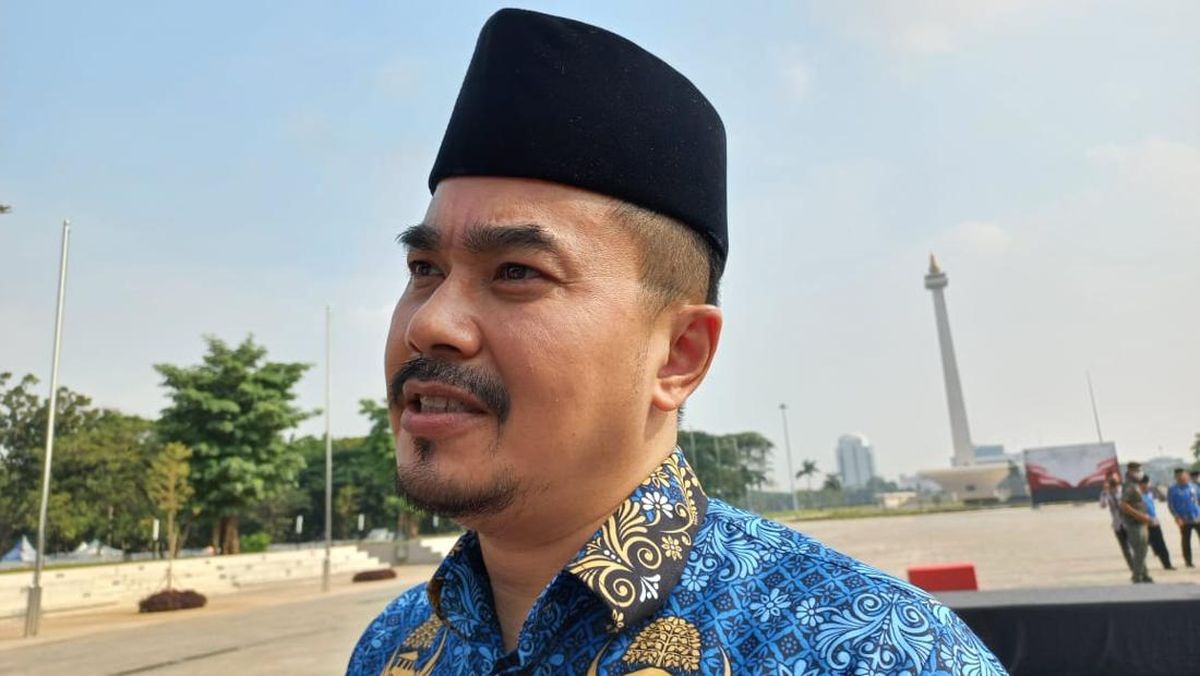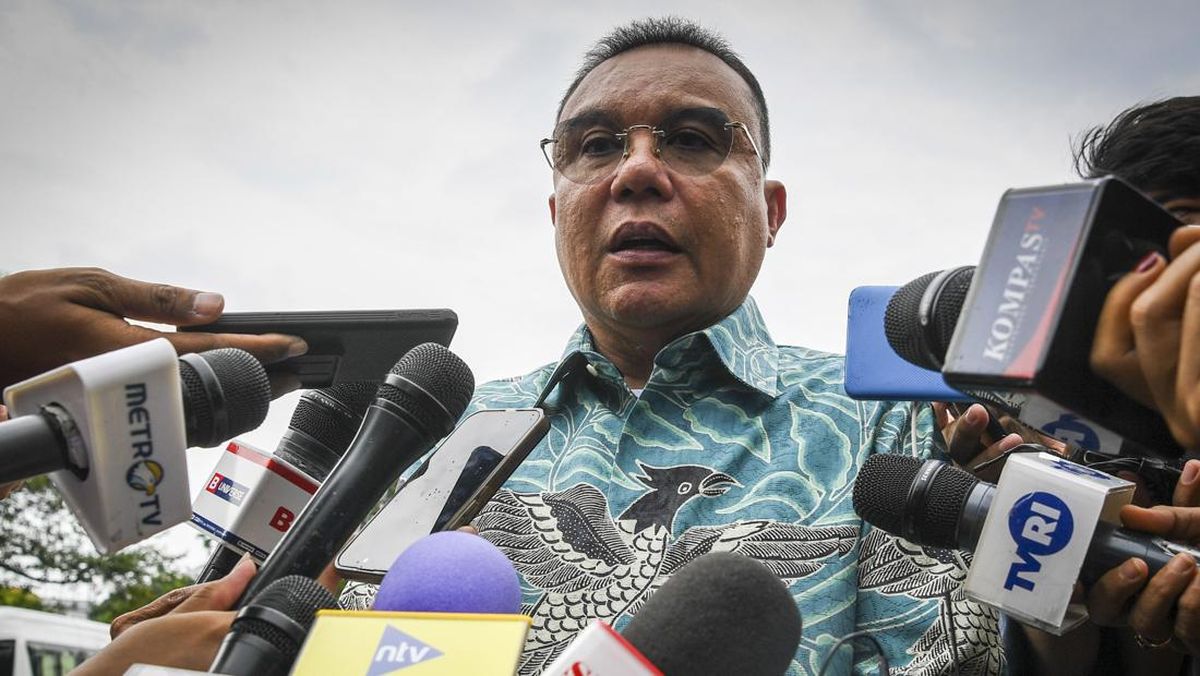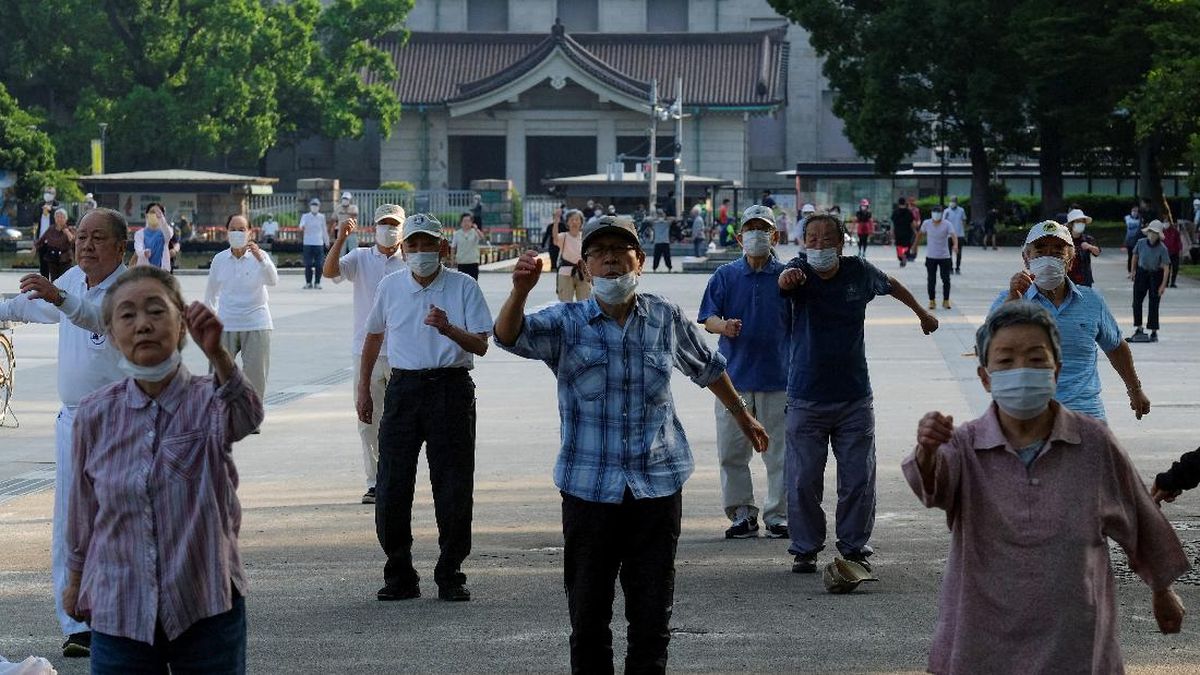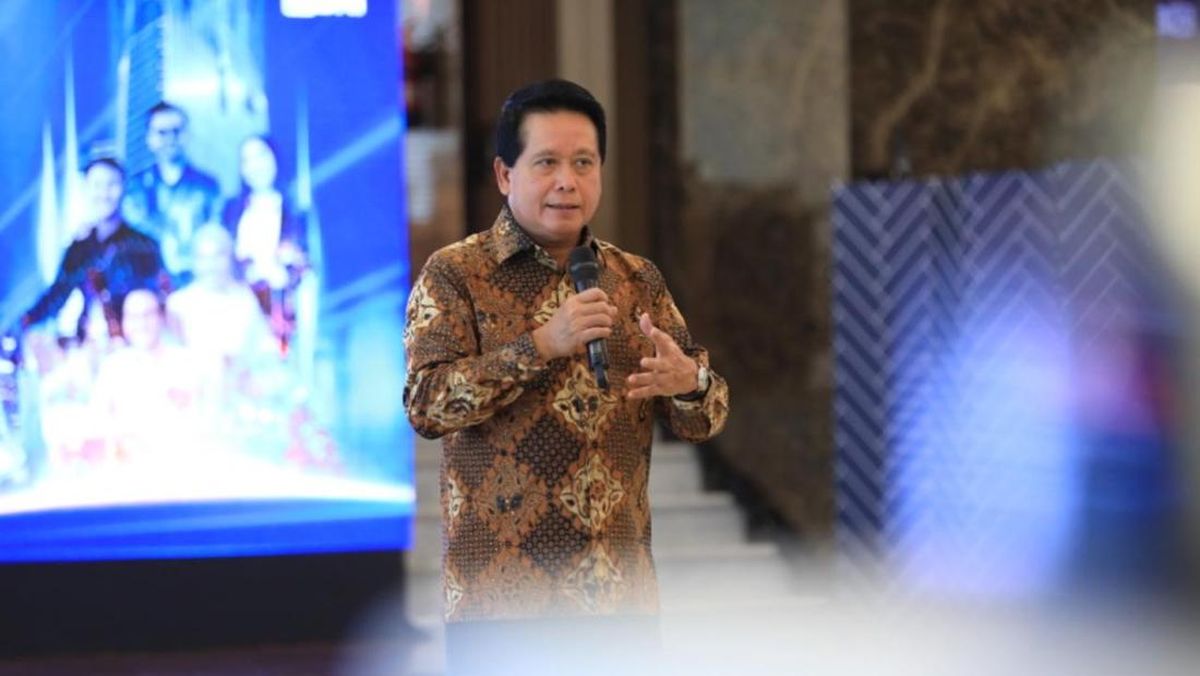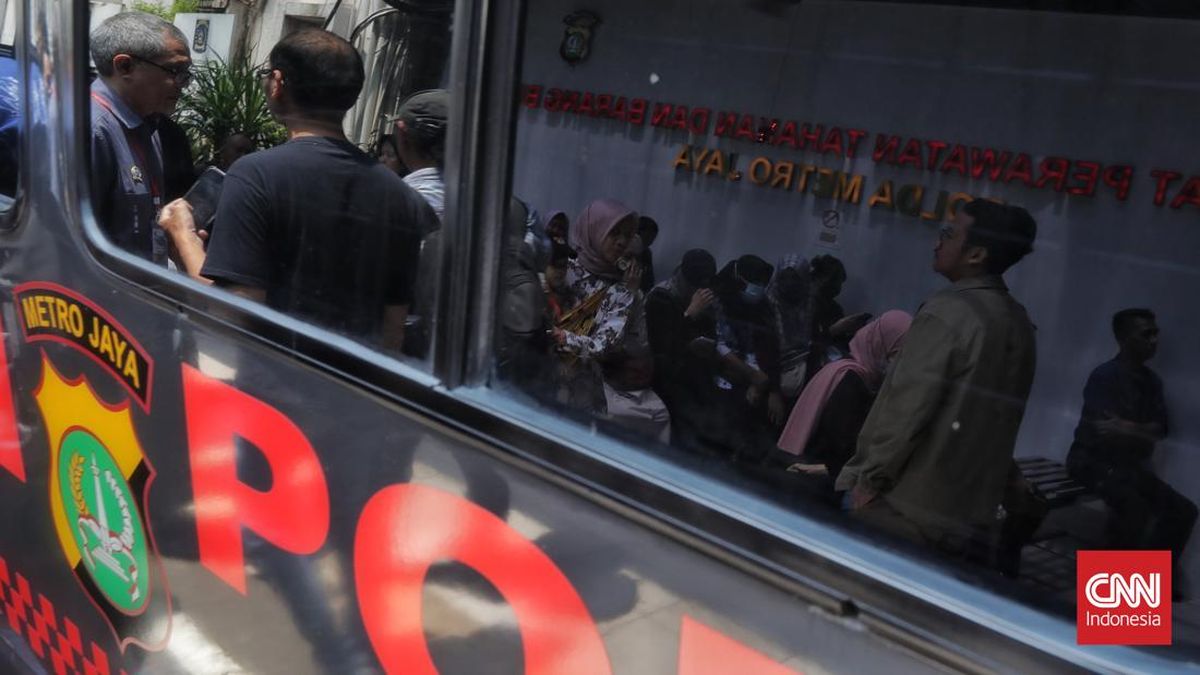Prime Minister Anthony Albanese has injected himself directly into the government’s contentious plan to raise taxes on large superannuation accounts, with the Treasury department revealing it is examining concerns raised about its impact on the economy and super funds.
Senior Treasury official Diane Brown told a Senate estimates hearing this afternoon that the prime minister’s office had talked to the department about the yet-to-be legislated changes.

Prime Minister Anthony Albanese during question time on Thursday.Credit: Dominic Lorrimer
Treasurer Jim Chalmers, in early 2023, announced an additional 15 per cent tax on income generated on super funds with balances of more than $3 million. Due to start from July 1 this year, the bill has yet to be legislated.
The change, expected to raise about $2.7 billion in revenue, must be supported by the Greens – the minor party is demanding the threshold be lowered to $2 million – to pass the Senate. Earlier this year, Albanese ruled out agreeing to the Greens’ demand.
While the government has maintained it held extensive consultations since announcing the policy, the tax tweak has prompted criticism from investors and the self-managed super sector with claims that the change will hit farmers, the property market and venture capitalists.
Critics have also said that failing to index the $3 million threshold will mean far more than the expected 80,000 people initially forecast to pay will be affected, and that the tax should not apply to unrealised gains (earnings which have not been cashed out).

Treasury deputy secretary for revenue Diane Brown said there had not yet been any decisions to amend the bill. Credit: Alex Ellinghausen
Brown told the committee there had been “stakeholder engagement” with the department over the proposal, including from Albanese’s office.
“There have been some conversations in the prime minister’s office,” she said. “It’s probably not unusual for that to occur from time to time, it remains unlegislated, and so stakeholders continue to raise questions about the bill.”
The meeting was organised by the Treasurer’s office with his staff on hand during the discussion.
Brown said the department had looked at some of the claimed impacts of the bill, including on venture capital.
Loading
Asked by Liberal senator James Paterson whether Treasury had been requested by the government to model alternative versions of the super tax, Brown said she was unsure, but that Treasury had modelled the impact of excluding certain groups from the change, to better understand the impact of suggestions put forward by stakeholders in its consultations.
Pressed by Greens senator Nick McKim on whether the department was looking at amendments to the proposal, Brown said there “has been no decision to amend the bill”.
On Thursday, the government also introduced laws that will require employers to pay their employees’ superannuation contributions at the same time as their salary rather than every quarter. The government estimates a 25-year-old worker will be $6000 better off in retirement due to the change.
However, accounting body CPA Australia’s superannuation lead, Richard Webb, warned it could put pressure on small businesses as they adjusted to the new regime.
“This may be another compliance headache that many small businesses will struggle to cope with in such a short space of time,” he said.
Cut through the noise of federal politics with news, views and expert analysis. Subscribers can sign up to our weekly Inside Politics newsletter.
Most Viewed in Politics
Loading



